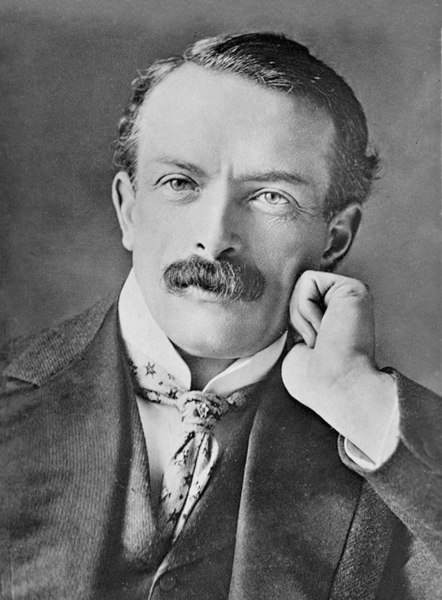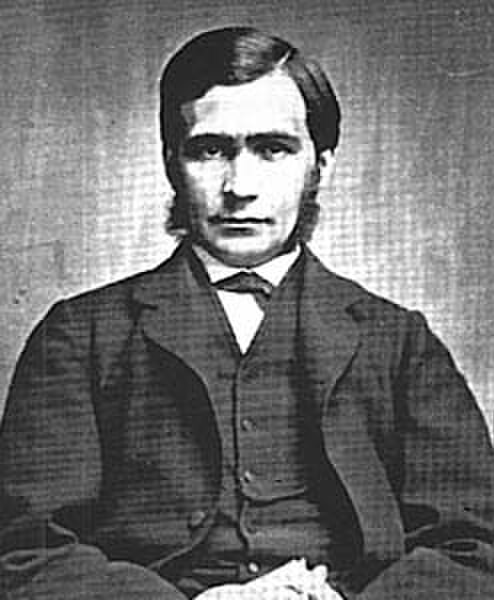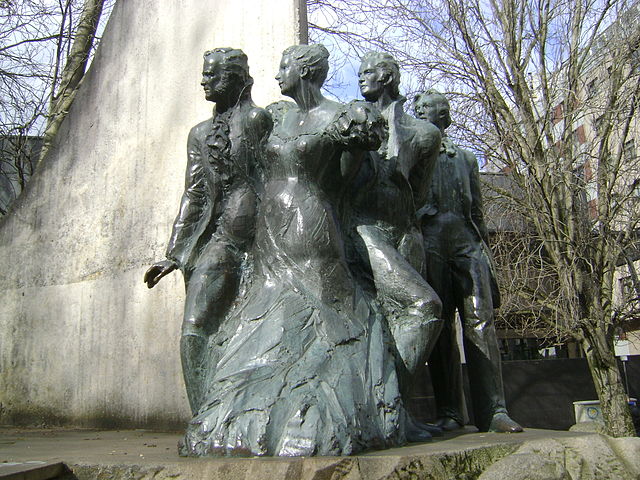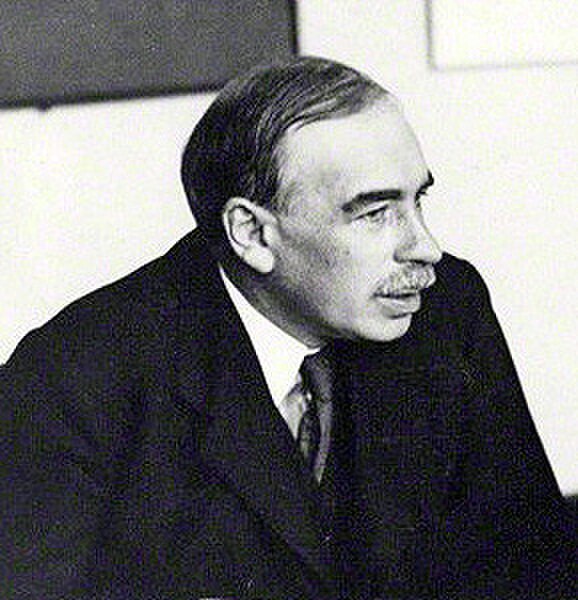Social liberalism is a political philosophy and variety of liberalism that endorses social justice, social services, a mixed economy, and the expansion of civil and political rights, as opposed to classical liberalism which supports unregulated laissez-faire capitalism with very few government services.
David Lloyd George, who became closely associated with this new liberalism and vigorously supported expanding social welfare
Leonard Hobhouse was one of the originators of social liberalism, notably through his book Liberalism, published in 1911.
Thomas Hill Green
Friedrich Naumann
Liberalism is a political and moral philosophy based on the rights of the individual, liberty, consent of the governed, political equality, right to private property and equality before the law. Liberals espouse various and often mutually warring views depending on their understanding of these principles but generally support private property, market economies, individual rights, liberal democracy, secularism, rule of law, economic and political freedom, freedom of speech, freedom of the press, freedom of assembly, and freedom of religion, constitutional government and privacy rights. Liberalism is frequently cited as the dominant ideology of modern history.
Madame de Staël
Benjamin Constant, a Franco-Swiss political activist and theorist
Monument to the liberals of the 19th century in Agra del Orzán neighborhood, La Coruña, Galicia, (Spain)
John Maynard Keynes, one of the most influential economists of modern times and whose ideas, which are still widely felt, formalized modern liberal economic policy.








